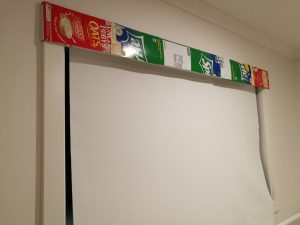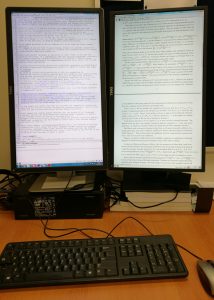Cooperation relies on reputation. For example, fraud in online markets is deterred by the threat of bad reviews, which reduce future trading with the defector. Data protection, specifically the “right to be forgotten” allows those with a bad reputation to erase their records from the market provider’s database and create new accounts with a clean slate. Bayesian participants of the market then rationally attach a bad reputation to any new account (“guilty until proven innocent”). If new entrants are penalised, then entry and competition decrease.
One way to counter this abusing of data protection laws to escape the consequences of one’s past misdeeds is to use free speech laws. Allow market participants to comment on or rate others, protecting such comments as a civil liberty. If other traders can identify a bad actor, for example using his or her government-issued ID, then any future account by the same individual can be penalised by attaching the previous bad comments from the start.
Of course, comments could be abused to destroy competitors’ reputations, so leaving a bad comment should have a cost. For example, the comments are numerical ratings and the average rating given by a person is subtracted from all ratings given by that person. Dividing by the standard deviation is helpful for making the ratings of those with extreme opinions comparable to the scores given by moderates. Normalising by the mean and standard deviation makes ratings relative, so pulling down someone’s reputation pushes up those of others.
However, if a single entity can control multiple accounts (create fake profiles or use company accounts), then he or she can exchange positive ratings between his or her own profiles and rate others badly. Without being able to distinguish new accounts from fake profiles, any rating system has to either penalise entrants or allow sock-puppet accounts to operate unchecked. Again, official ID requirements may deter multiple account creation, but privacy laws impede this deterrence. There is always the following trilemma: either some form of un-erasable web activity history is kept, or entrants are punished, or fake accounts go unpunished.


